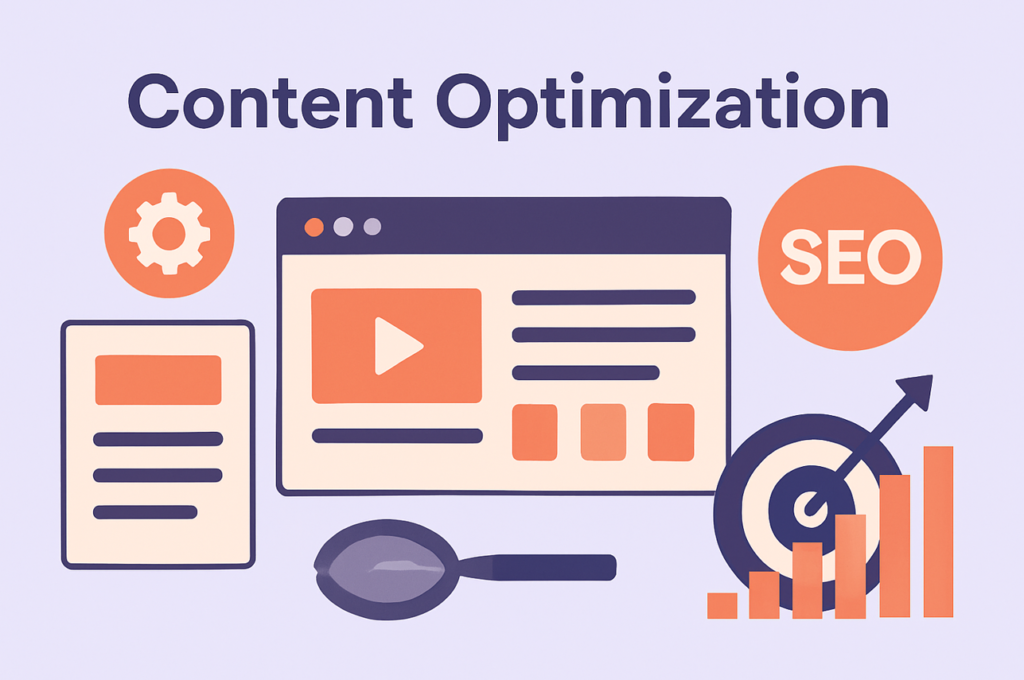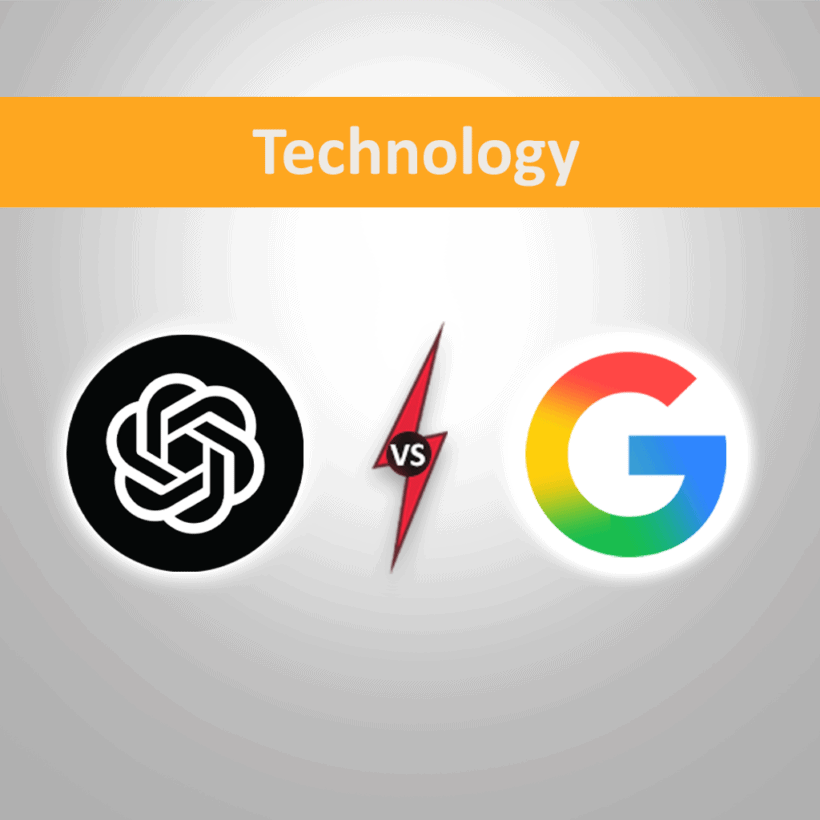In the age of instant information, two giants dominate how we search for answers: Google and ChatGPT. For decades, “Google it” has been the go-to phrase for finding information online. But with the rise of AI-powered chatbots like OpenAI’s ChatGPT, the way we search is changing.
This article will tell you deep details related to both tech platforms. Let’s explore…
How Google Works?
Google is a search engine that crawls billions of web pages, indexes them, and ranks results based on relevance, authority, and user intent. When you type a query, Google scans its index and returns a list of links, images, videos, and other content.
How ChatGpt Works?
ChatGPT is an AI language model trained on vast amounts of text data. Instead of providing links, it generates human-like responses based on patterns in its training data. It can summarize, explain, and even write code. ChatGPT Search is particularly effective at providing answers in natural, simple-to-understand language. Rather than having to type certain search keywords, you can simply ask questions naturally, as you would converse with another human being.
You can pose questions using simple language without having to concern yourself about keywords when using ChatGPT. For instance, you could simply ask, “What are the health benefits of green tea?” and receive a full answer without having to paraphrase.
ChatGPT Search provides direct, well-organized answers rather than a series of links. It compiles information from various sources into one straightforward answer so that users don’t have to navigate several sites. It also provides links to original sources for users who wish to verify or find out more.
This answer would also provide links to scientific sources so that you are left with an easy answer and means to investigate further.
Comparison
Google: A Gateway to Web
Google is a search engine that searches through hundreds of billions of web pages, ranks them according to authority and relevance, and gives you a list of links. When you Google something, you’re not receiving answers straight from Google—you’re receiving links to websites, articles, forums, and databases that could have what you are looking for.
Google’s power comes from its capacity to consolidate enormous volumes of information from various sources. If you want the latest news, product reviews, scholarly research, or local business opening hours, Google offers several alternatives, which you can cross-check.
ChatGpt: A Direct Answer Engine
ChatGPT, however, does not retrieve live web pages. It makes predictions on its training data, which consists of a broad corpus of texts up to its most recent knowledge cutoff (October 2023 for the free model, with some real-time functionality available in paid models).
In contrast to Google, ChatGPT does not simply send you to information but tries to deliver the answer itself in a conversational tone. This makes it perfect for explanations, summaries, and creative work such as writing or code assistance. Yet, because it often fails to reference sources, fact-checking is occasionally required.

ChatGpt’s Strengths and Weaknesses
ChatGPT’s responses are based on patterns in its training data, meaning it doesn’t “know” facts—it predicts them. This leads to some key differences in reliability.
Pros:
- Natural language understanding for intuitive queries.
- Contextual awareness for follow-up questions.
- Potential for creative and analytical tasks.
- Conversational AI for a more engaging user experience.
Can ChatGpt replace Google Search?
The short answer is no. ChatGPT is no substitute for Google Search, at least not in the near term.
There are numerous reasons why Google is still the leading search engine on the web. Google easily meets its users’ requirements. Its web spider-based information-gathering strategy effortlessly surpasses ChatGPT’s service. Despite its vast training data set and media alliances, ChatGPT search is not able to compare with Google’s full-internet access. For a whole generation of internet users, Google Search is the default manner to discover an answer — and that’s not something that can be easily replaced.
It doesn’t imply ChatGPT won’t replace Google for certain types of searches. People seeking explicit answers to questions — in a hurry — are served well by the ChatGPT interface. But it won’t substitute Google anytime soon. How ChatGPT search develops, naturally, will indicate whether it closes the gap with Google Search’s broader internet access and search capability.
Conclusion:
The discussion between “Google it” and “ChatGPT it” is not a question of which is superior—it’s about applying the correct tool to the correct problem. Google is still the king for live, varied information, but ChatGPT is superior at giving immediate, conversational responses.
As AI evolves, search habits will keep changing. The smartest users will leverage both to get the best of both worlds. What’s your default? Do you still “Google it,” or have you now “ChatGPT it”? Let us know your opinions in the comments!


